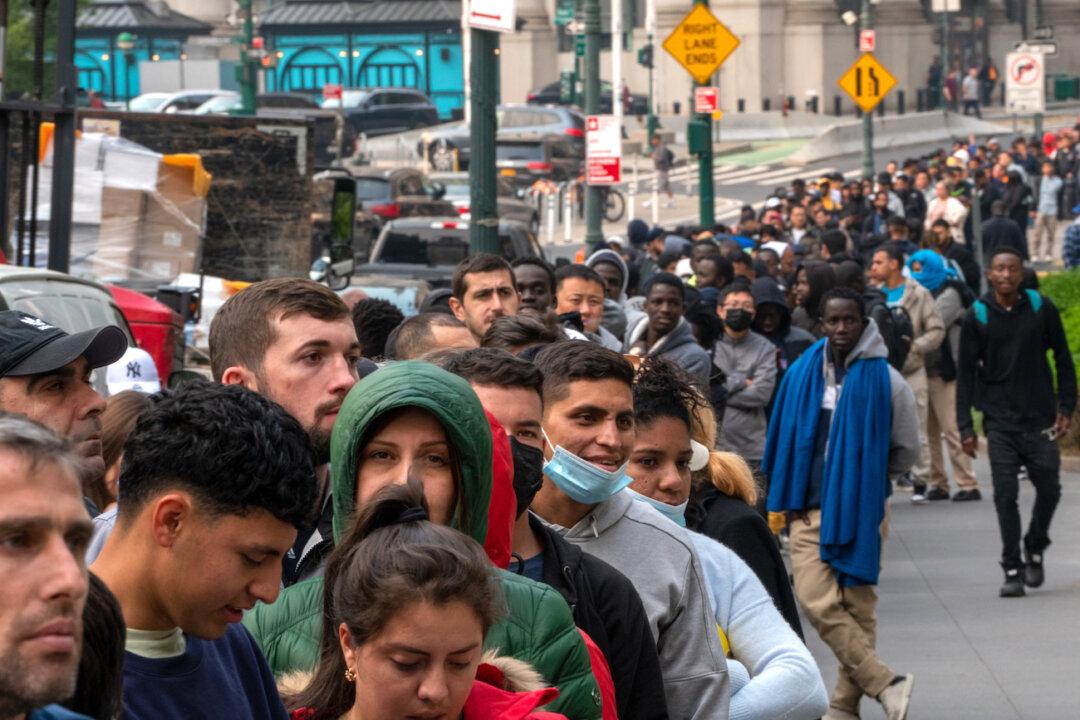Commentary
It’s painful to observe what’s happening to so many U.S. cities. Already before lockdowns, there was growing crime, high costs, overregulation, high taxes, decaying infrastructure, and declining educational standards.

It’s painful to observe what’s happening to so many U.S. cities. Already before lockdowns, there was growing crime, high costs, overregulation, high taxes, decaying infrastructure, and declining educational standards.